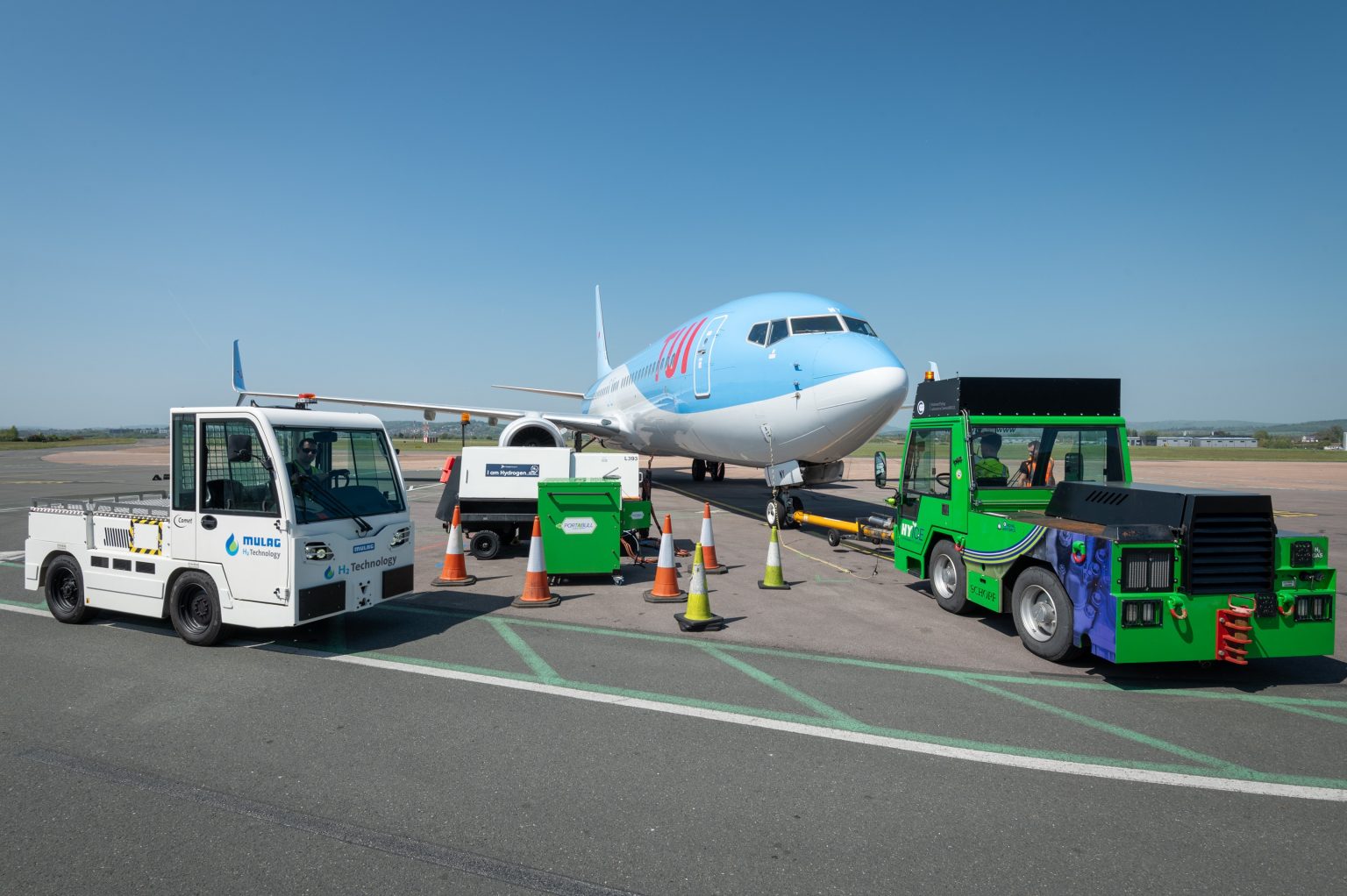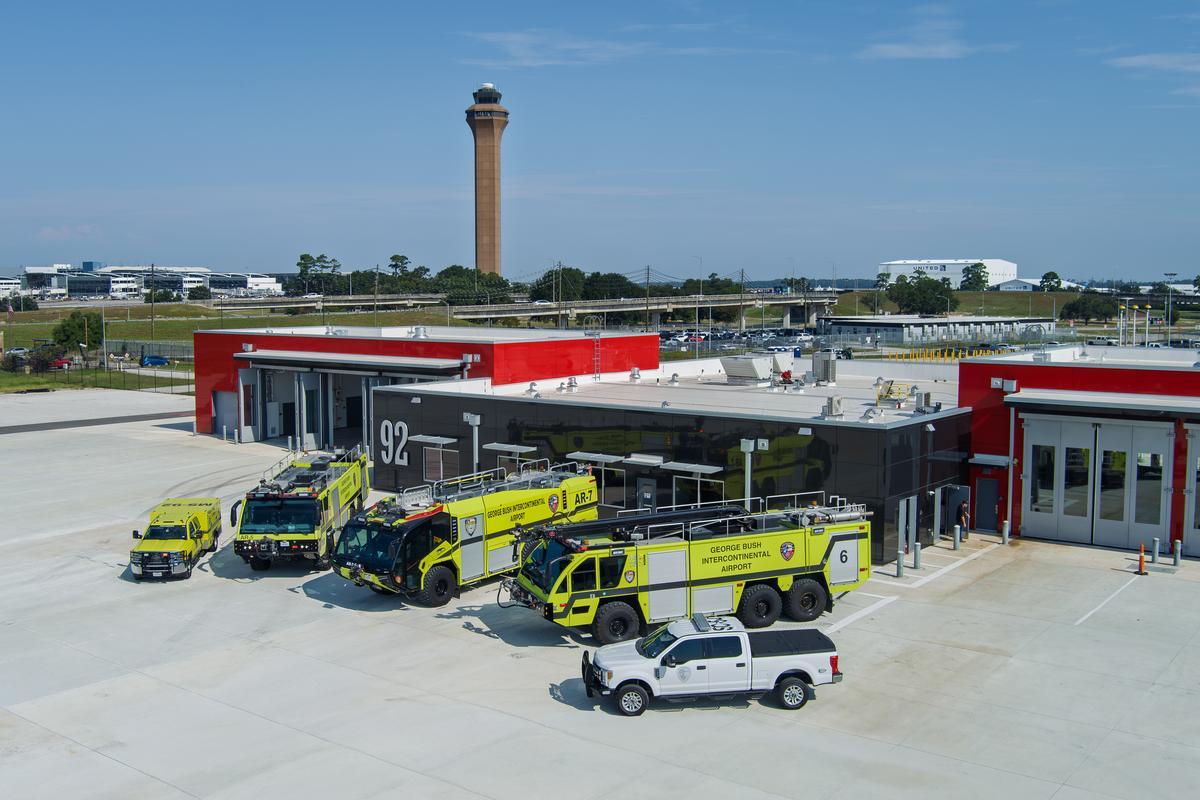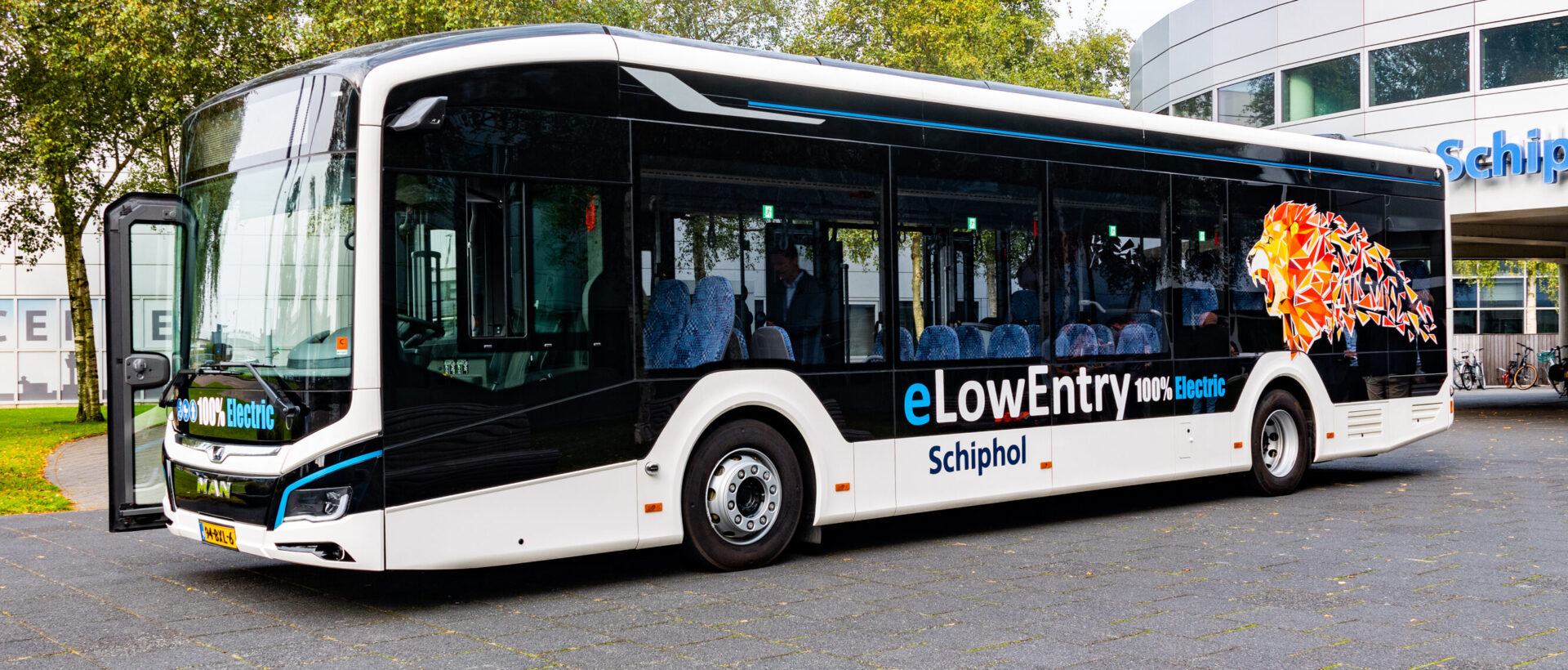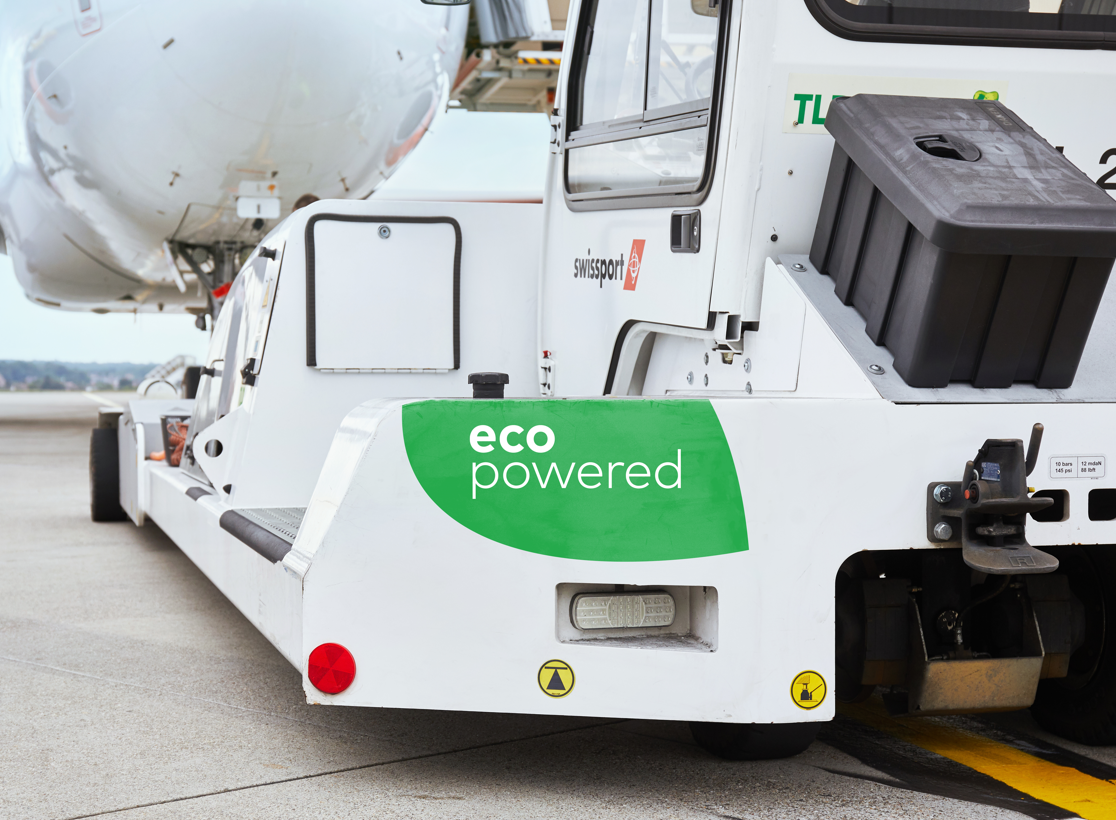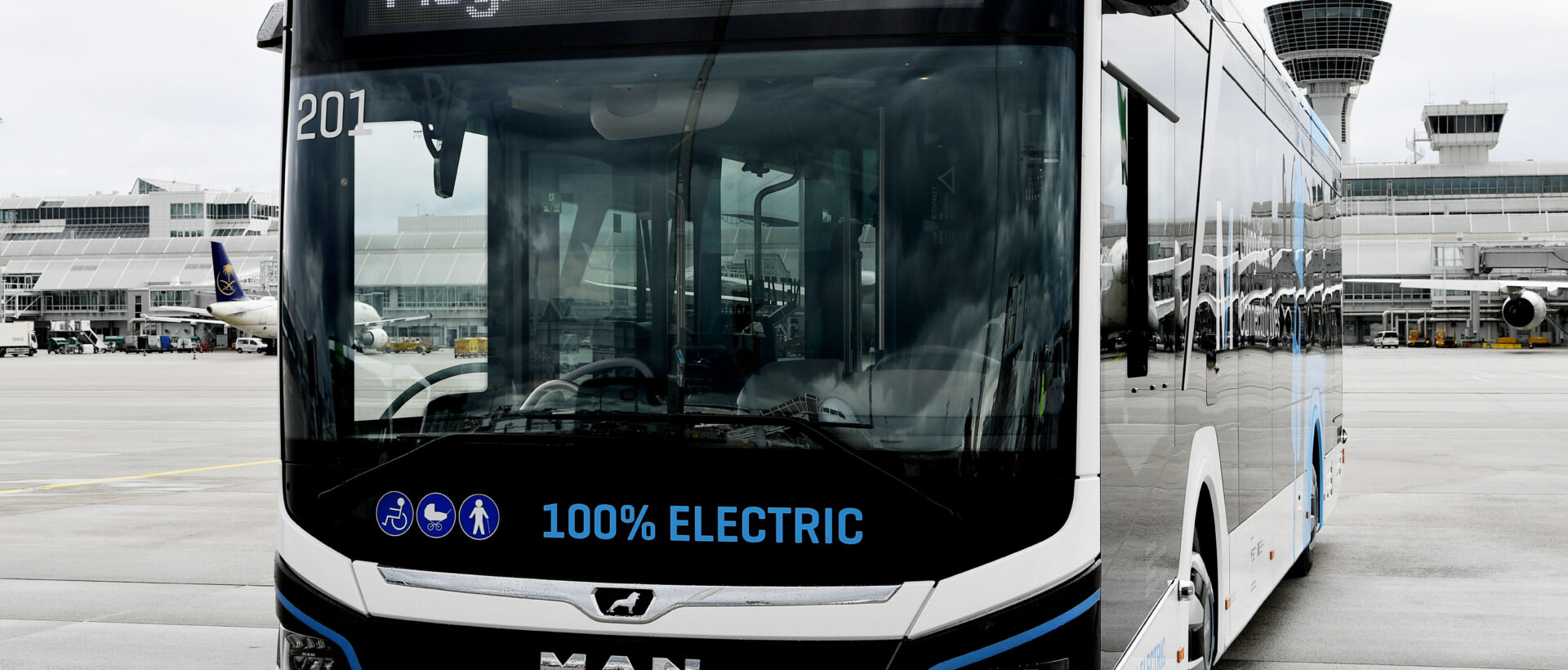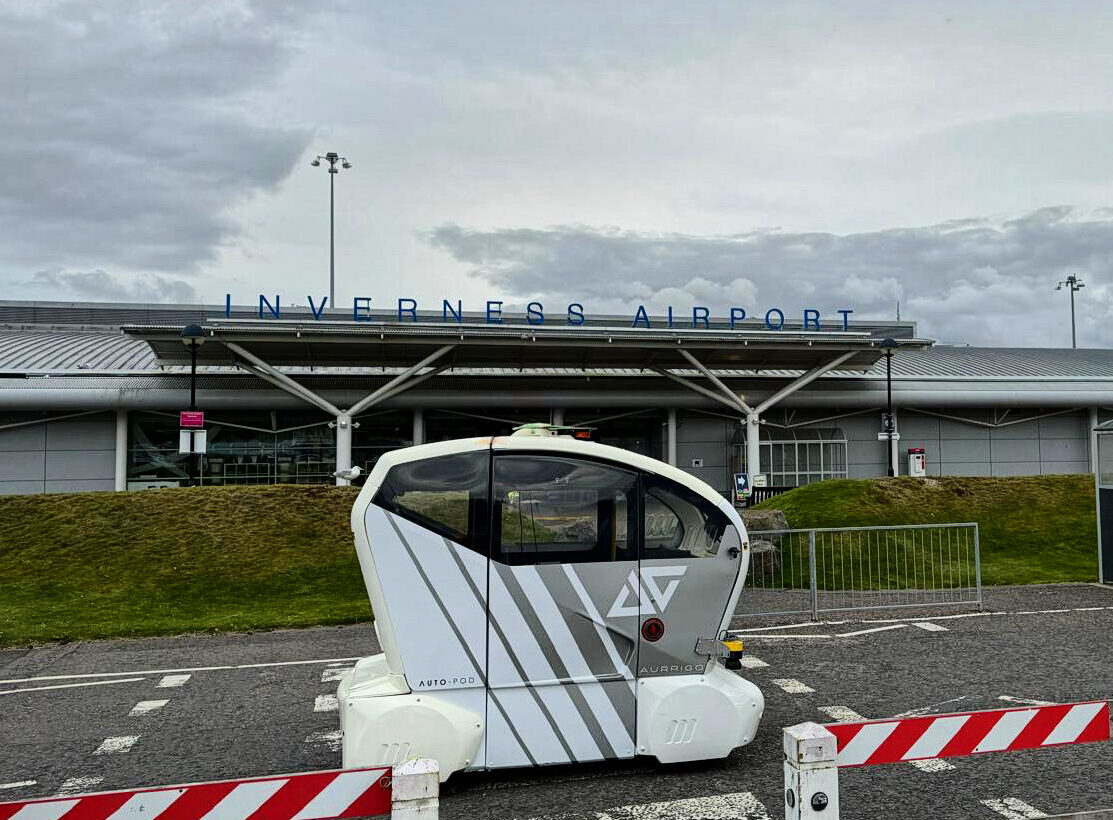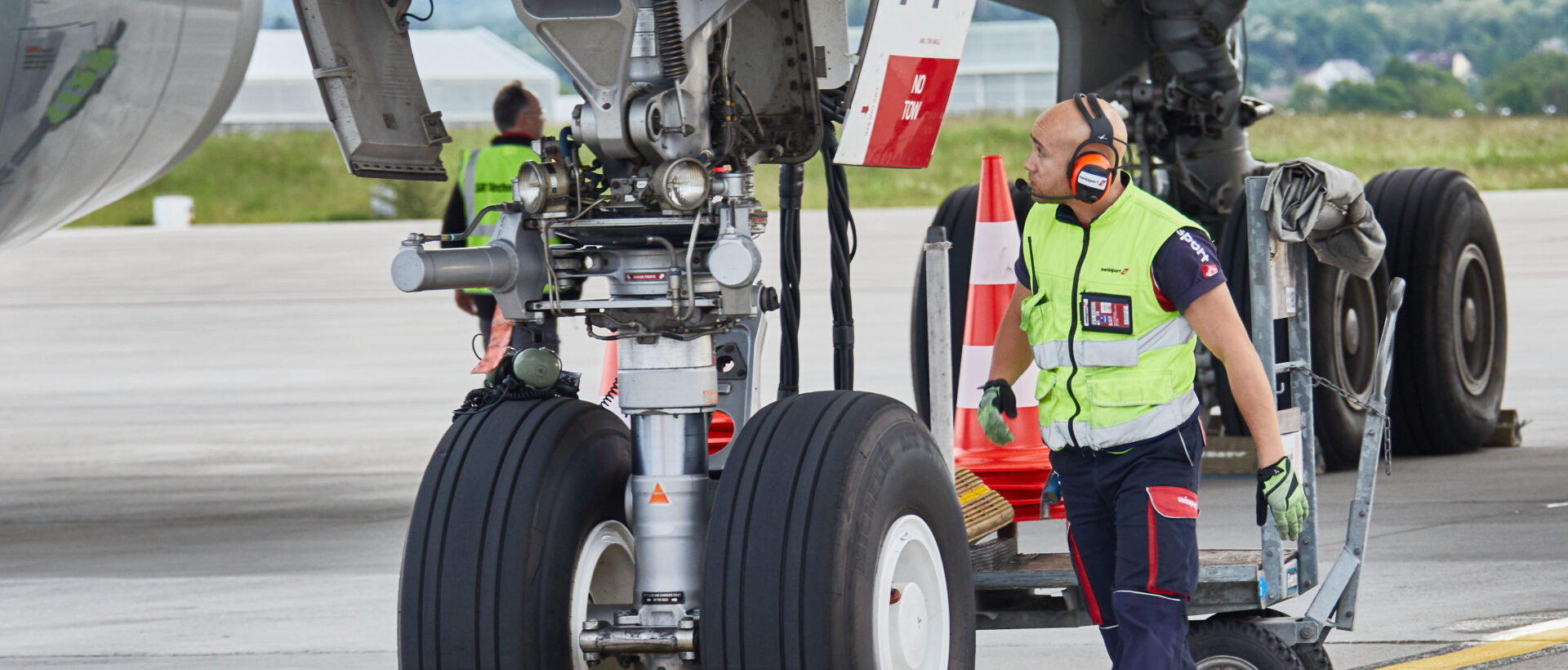easyJet is continuing its efforts to reduce carbon emissions by transitioning its engineering and maintenance vehicle fleet to electric vehicles across major UK and European bases.
The airline has already introduced 36 electric vans at key airports including Berlin Brandenburg, London Luton, Bristol, and Liverpool, replacing older petrol and diesel-powered vehicles.
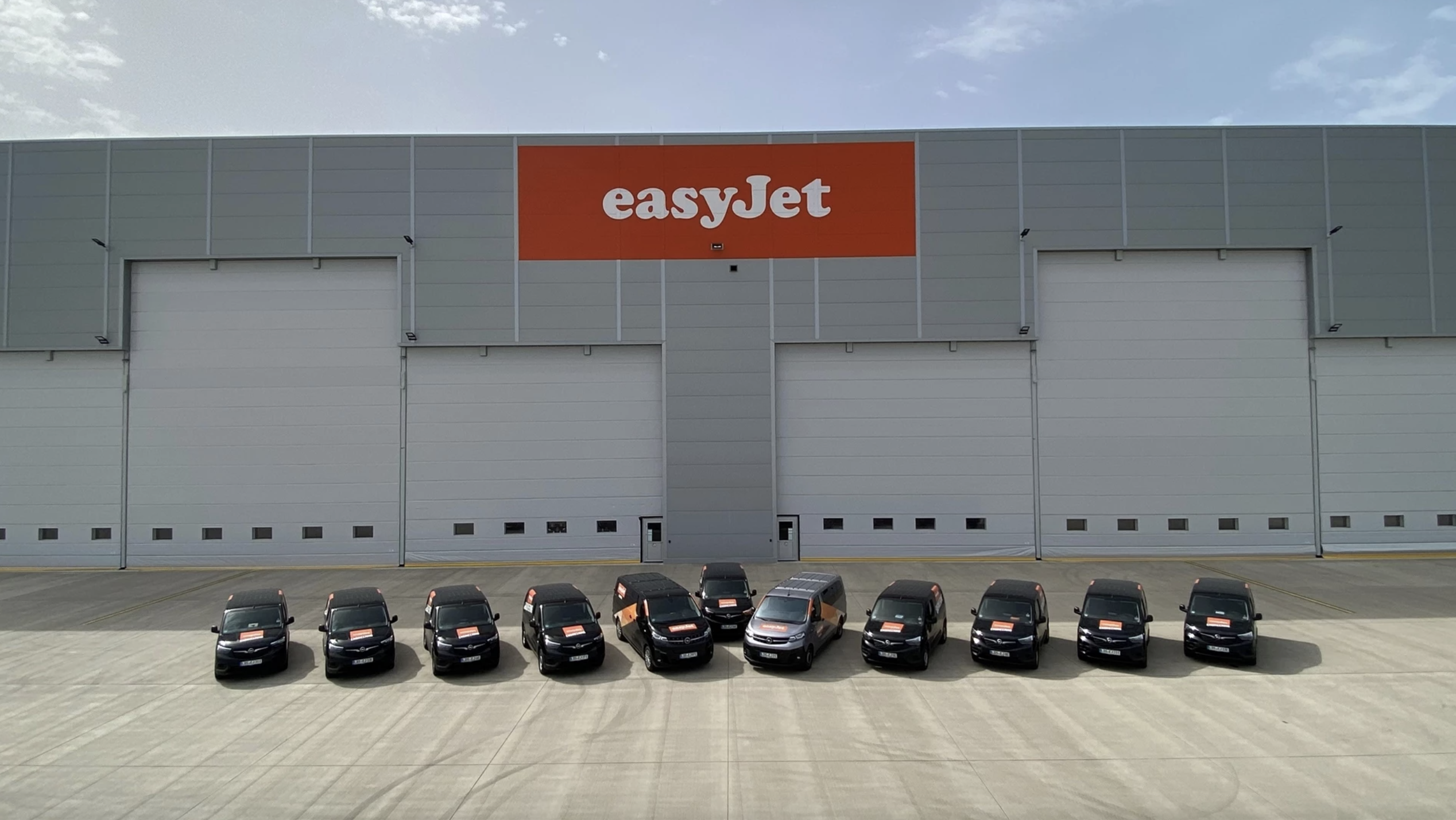
The switch to electric vehicles will help easyJet reduce emissions from its engineering fleet by 28%, resulting in an estimated 54 tonnes of CO2e savings per year.
This initiative is part of easyJet’s broader fleet renewal programme, aimed at lowering the environmental impact of its ground operations.
Jane Ashton, Director of Sustainability at easyJet, said:Following a successful trial at Berlin Airport last year, where we converted several maintenance vehicles to electric, we have now expanded the programme on a much larger scale across the UK and Europe. This small but crucial step helps further reduce the environmental impact of our ground operations, and we are constantly exploring new ways to make our operations more sustainable.
The airline plans to extend the rollout of electric maintenance vehicles across additional bases in FY25, with the goal of converting 80% of its engineering fleet to electric vehicles by the end of the programme.
This forms part of easyJet’s Net Zero roadmap, which was launched two years ago. The airline is committed to achieving net zero emissions and has already made a 5% improvement in carbon intensity in 2023 compared to the 2019 baseline.
In addition to fleet renewal for both its aircraft and ground vehicles, easyJet is also implementing fleet optimisation strategies and exploring new technologies to further cut emissions.



